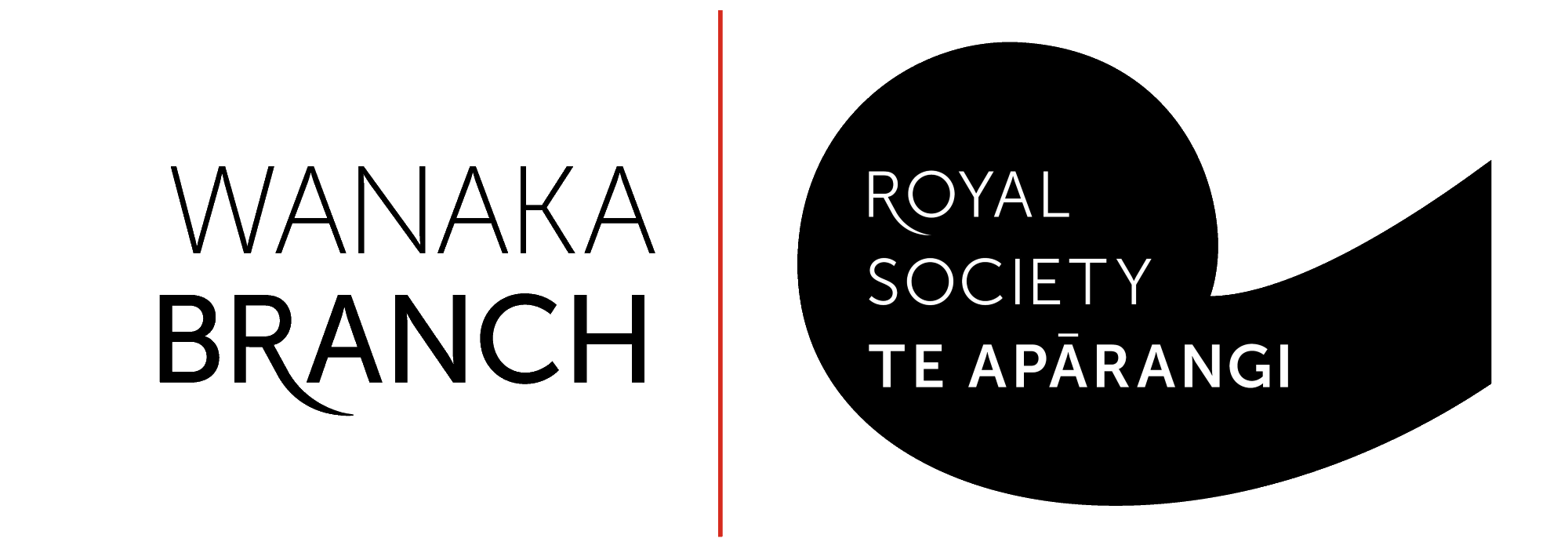Watching snow (melt?) from space
Friday 22 April at 6.00pm 2022, at the Presbyterian Community Centre, 91 Tenby Street, Wanaka. Dr Todd Redpath, School of Geography and School of Surveying, University of Otago, University of Otago. Seasonal snow plays an important role in Aotearoa New Zealand. Many of us enjoy skiing on it in the winter, but it also acts as a substantial reservoir of freshwater and performs important functions within the climate system. Snow is highly dynamic in time and space: once it settles on the ground it can be eroded and transported by the wind then re-deposited elsewhere, while rates of metamorphism and

